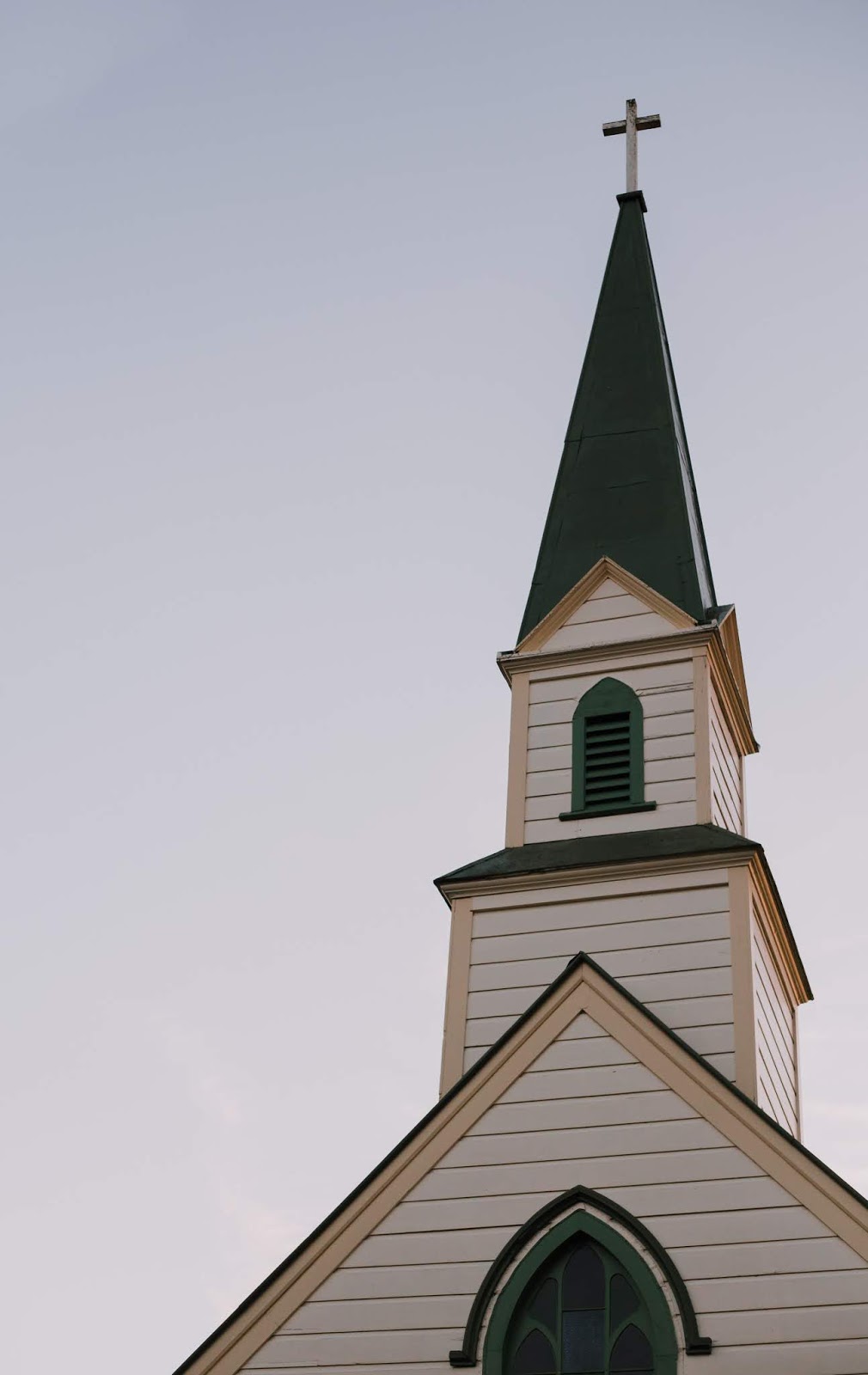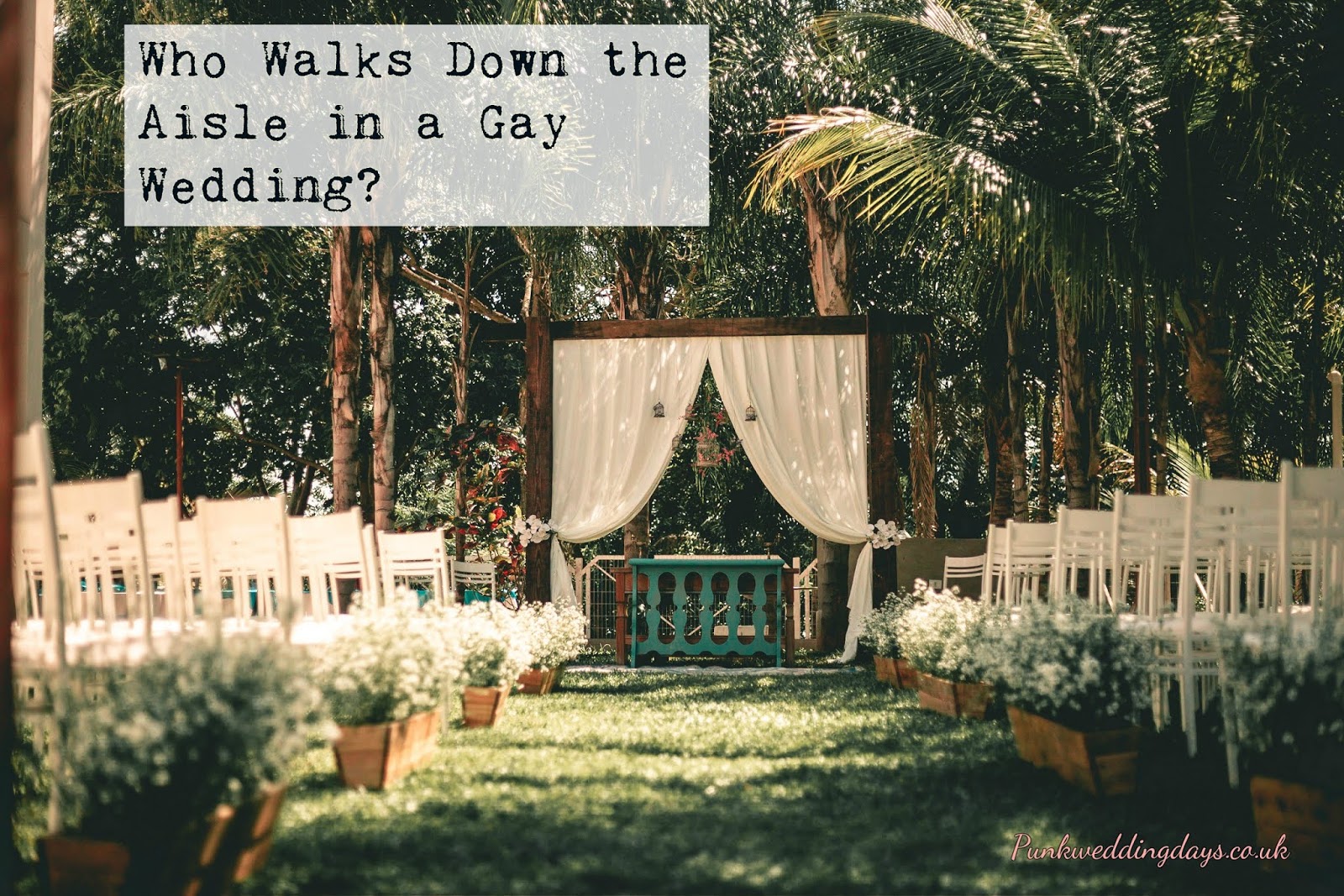Methodist Vote on Gay Marriage
The United Methodist church has voted to uphold its ban on same-sex marriage by adopting the ‘traditional plan’ and re-affirming that homosexuality is not compatible with the Christian faith.
What is the United Methodist Church?
The United Methodist Church (UMC) is the largest mainline Protestant religion in the United States. Set up in 1968 in Texas, the UMC traces its roots back to the founding of Methodism by John and Charles Wesley in England in 1739.
The UMC has 13 million members but whilst congregations are growing in parts of Africa and in South Korea, numbers are falling in the US.
What does UMC believe about homosexuality?
The UMC believes in the ‘sacred worth’ of everyone but it does not support same-sex marriage nor does it endorse homosexual relationships. This ‘hate the sin but love the sinner approach’ has been adopted by various Christian denominations.
The UMC motto is Open hearts. Open minds. Open doors.
This was recently criticised by Gaar Adams writing for the USA Today who is now leaving the UMC and has encouraged anyone who supports LGBTQ rights to do the same.
He writes:
"As a queer man raised in the UMC since birth, I urge all its members to begin this Lenten period of reflection contending with the lasting damage that this condemnation of the LGBT community will inflict on congregants struggling with their sexuality."
The UMC’s official position hasn’t deterred some clergy and members from celebrating same-sex marriages, however. A fair number of the Church’s followers in the US support LGBT rights and are eager for the leadership to pursue a more progressive approach to LGBT rights.
This latest vote complicates things then.
Which do you make more of an effort to accommodate? The more conservative and popular churches on one side of the world or the more liberally minded but less popular congregations on the other?
The real question now is how can the UMC remain united when different congregations and clergy hold opposing beliefs?
What Does The Vote Mean?
There have been two votes. The first one was rejected. Called the ‘One Church Plan’, it would have allowed individual churches to decide whether or not to perform same-sex ceremonies. It would have paved the way for homosexuality clergy, too.
By voting in favour of the 'Traditional Plan', the UMC has not only reaffirmed its belief that homosexuality is incompatible with Christianity but it can be stricter on members of the clergy actively supporting or participating in same-sex weddings.
Congregations that continue to support gay rights within the Church could have the option of a ‘gracious exit’ which seems a polite way of saying they’ll be asked to leave.
There’s unlikely to be an initial rush to exit from the Church but it seems likely that, eventually, pro-LGBTQ churches will choose to move away from the UMC.











